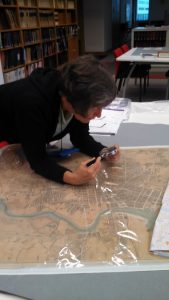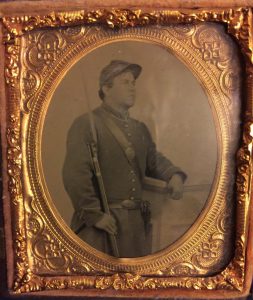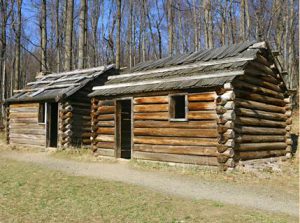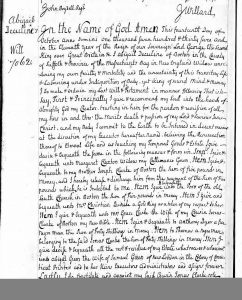 While the variety of televised programs about family history have certainly increased interest in the hobby, I fear that it has begun to supply a skewed approach to genealogical research. So many of these shows show others doing the research for the person, and then making the big reveal, that more often than not we find visitors to the NEHGS Research Center here in Boston expecting us to do the actual research for them.
While the variety of televised programs about family history have certainly increased interest in the hobby, I fear that it has begun to supply a skewed approach to genealogical research. So many of these shows show others doing the research for the person, and then making the big reveal, that more often than not we find visitors to the NEHGS Research Center here in Boston expecting us to do the actual research for them.
Don’t get me wrong – I love to assist family historians with their research. We all need a little guidance from time to time as we struggle with a particular line on the family tree. And I understand that for many people this is a new hobby and they may not understand what to do. Continue reading An active pursuit







